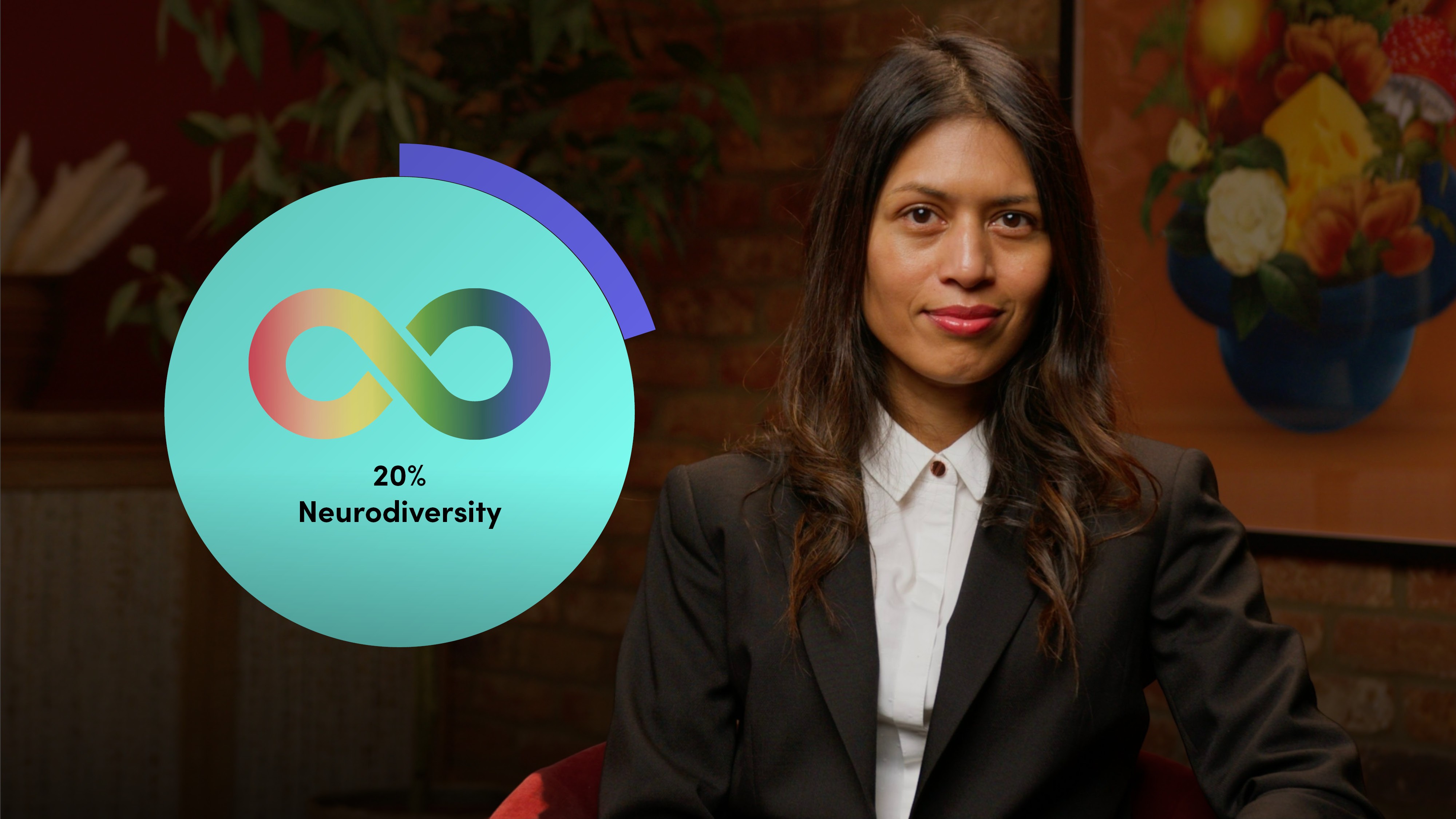
Embracing the Power of Neurodiversity

Marilyn Swinney
20 years: Business Development & Growth
15-20% of the global population exhibit some form of neurodivergence. Join Marilyn Swinney as she explores how to create neuroinclusivity in the workplace.
15-20% of the global population exhibit some form of neurodivergence. Join Marilyn Swinney as she explores how to create neuroinclusivity in the workplace.

Embracing the Power of Neurodiversity
10 mins 41 secs
Key learning objectives:
Define neurodiversity
Understand the challenges the neurodiverse face
Outline tips to help neurodiverse talent in the workplace
Overview:
Neurodiversity refers to neurobiological developmental differences in the brain - such as autism, ADHD, dyslexia, dyspraxia, dysgraphia, and dyscalculia. It is estimated that 15-20% of the global population exhibits some form of neurodivergence. Studies have shown that autistic individuals are vulnerable to workplace exclusion with 49% of autistic individuals leaving the workplace due to bad treatment by colleagues. It is possible to be more inclusive by ensuring representation, purposeful data collection and creating communities.

Marilyn Swinney
There are no available Videos from "Marilyn Swinney"

